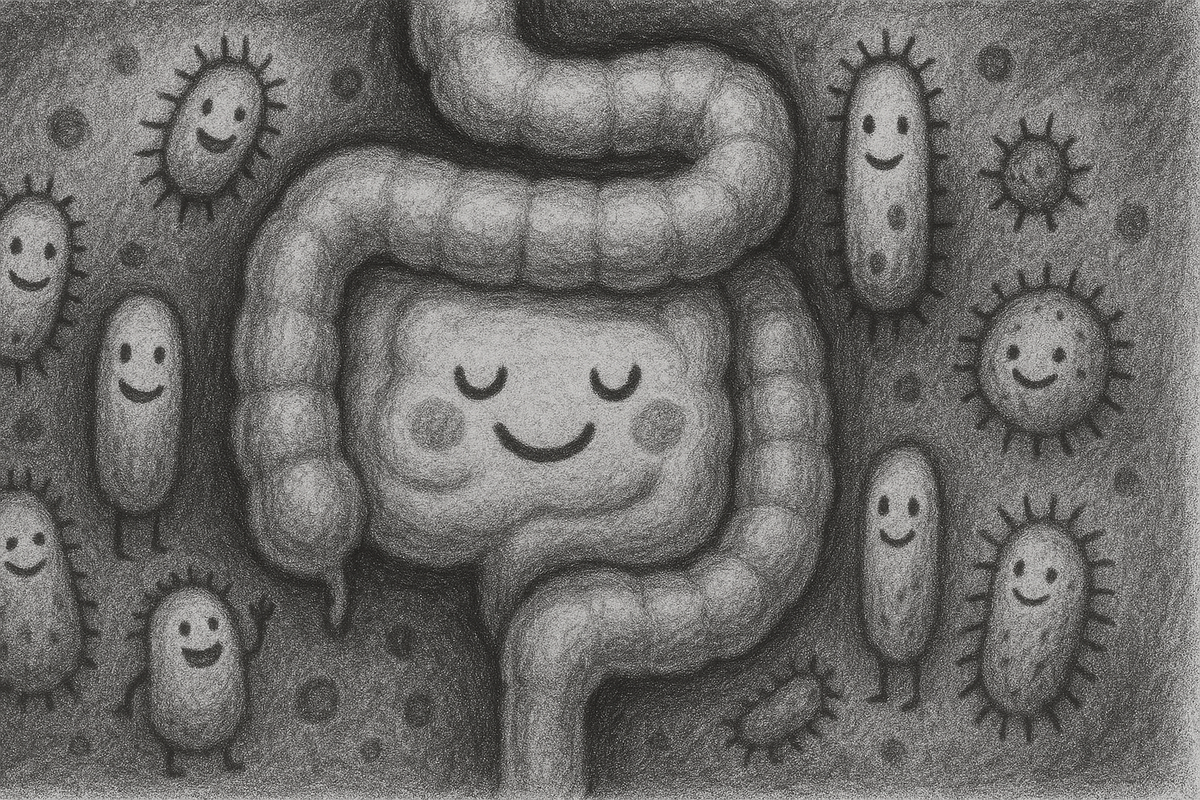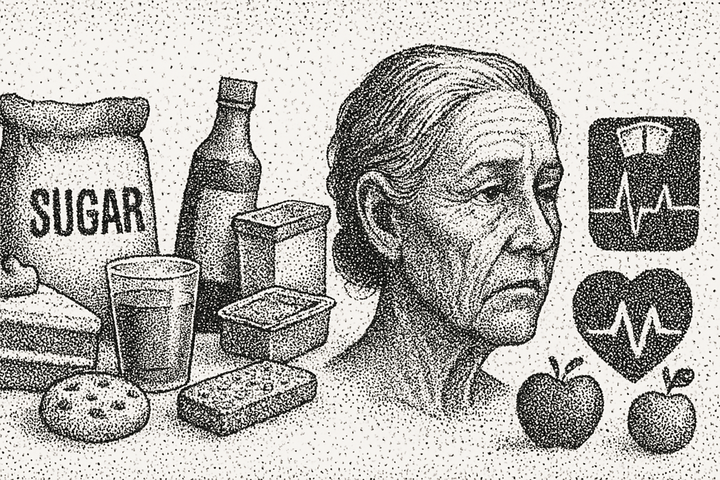Feed Your Inner Garden: Tips for a Flourishing Gut Microbiome

What is the Gut Microbiome?
The gut microbiome refers to the collective community of microorganisms, including bacteria, viruses, fungi, and protozoa, residing in the human gastrointestinal tract. It is often described as a "virtual organ" due to its significant impact on health, encoding over three million genes compared to the human genome’s 23,000 genes [1]. This vast genetic diversity, with approximately 100 trillion microorganisms, underscores its role as a critical component of human physiology [1]. The microbiome’s composition, while partly heritable, is heavily influenced by environmental factors such as diet, antibiotics, and lifestyle, with diversity being a key indicator of health [2].
Research highlights the microbiome’s dynamic nature, with populations varying between individuals but remaining relatively stable over time within a person, subject to changes from diet and age [3]. A healthy microbiome is characterized by high diversity, which protects against environmental disturbances, while dysbiosis—reduced diversity and increased pathogenic microbes—is linked to conditions like inflammatory bowel disease, obesity, and type 2 diabetes [4].
The Role of the Gut Microbiome in Health
The gut microbiome supports the body through several mechanisms, detailed in recent studies. It aids digestion by fermenting non-digestible substrates like dietary fibers, producing short-chain fatty acids (SCFAs) such as acetate, propionate, and butyrate [1]. These SCFAs are vital: butyrate serves as the primary energy source for colonocytes, induces apoptosis in cancer cells, and activates gluconeogenesis, benefiting glucose and energy homeostasis; propionate regulates gluconeogenesis and satiety via gut fatty acid receptors; and acetate is used in cholesterol metabolism and lipogenesis [1]. Higher SCFA production is associated with lower diet-induced obesity and reduced insulin resistance, supported by randomized controlled trials [1].
Beyond digestion, the microbiome synthesizes essential vitamins, including B1, B9, B12, and K, addressing potential micronutrient deficiencies that impact health [5]. It also plays a crucial role in immune system development, with metabolites acting as signaling molecules that induce systemic effects, enhancing host immune function [4]. The gut-brain axis further illustrates its influence, with certain bacteria producing neurotransmitters like serotonin and dopamine, potentially affecting mood and cognition [6]. This connection is part of broader research into how the microbiome influences neurobehavioral traits, with implications for mental health disorders [7].
Dysbiosis, conversely, is implicated in a range of diseases. Lower microbial diversity is linked to conditions like psoriatic arthritis, atopic eczema, and cardiovascular diseases, while higher diversity correlates with resilience against environmental challenges [1]. The Human Microbiome Project and other large-scale studies have identified associations between microbiome composition and disease states, emphasizing the need for further mechanistic research [8].
Strategies to Enhance Healthy Gut Bacteria
Increasing healthy gut bacteria involves a multifaceted approach, focusing on diet, lifestyle, and environmental factors, as supported by recent reviews. Below is a detailed breakdown, organized for clarity:
Dietary strategies are particularly emphasized, with a high-fiber diet promoting bacterial diversity and SCFA production, linked to reduced insulin resistance in type 2 diabetes [1]. Prebiotic foods, such as garlic and bananas, feed beneficial microbiota, while probiotic foods like kefir and yogurt introduce live bacteria, potentially preventing conditions like diarrhea and improving cardiometabolic parameters [1]. However, introducing high-fiber or prebiotic-rich diets gradually is advised to avoid gas and bloating, especially for those with irritable bowel syndrome [5].
Lifestyle factors, including regular exercise, have been shown to enhance gut microbiome diversity, with outdoor activities potentially adding environmental microbial exposure [9]. Stress management and adequate sleep are crucial, as chronic stress can alter gut epithelium and microbial composition, while sleep supports microbiome stability [9]. Environmental interactions, such as spending time in nature or with pets, may introduce beneficial microbes, though this area requires further research [9].
Conclusion and Future Directions
The gut microbiome’s role in health is profound, influencing digestion, immunity, and mental well-being through complex interactions. Strategies to nurture it, such as a fiber-rich diet, probiotics, and lifestyle adjustments, are supported by current evidence, though individual responses may vary due to genetic and environmental factors. Ongoing research, including longitudinal studies and mechanistic investigations, is essential to refine these approaches and address gaps, such as defining an optimal healthy microbiome composition [8]. By adopting these practices, individuals can potentially enhance their gut health, contributing to overall well-being.
This analysis draws from a range of academic sources, ensuring a robust foundation for understanding and action. The complexity of the gut microbiome underscores the need for personalized approaches, acknowledging the evolving nature of scientific understanding.
Key Citations
- Role of the gut microbiota in nutrition and health [https://www.bmj.com/content/361/bmj.k2179]
- Current understanding of the human microbiome [https://www.nature.com/articles/nm.4517]
- The Microbiome, Harvard T.H. Chan School of Public Health [https://nutritionsource.hsph.harvard.edu/microbiome/]
- The microbiome and innate immunity [https://www.nature.com/articles/nature18847]
- Mind-altering microorganisms: the impact of the gut microbiota on brain and behaviour [https://www.nature.com/articles/nrn3346]
- Gut Microbiome, ScienceDirect Topics [https://www.sciencedirect.com/topics/medicine-and-dentistry/gut-microbiome]




Comments ()